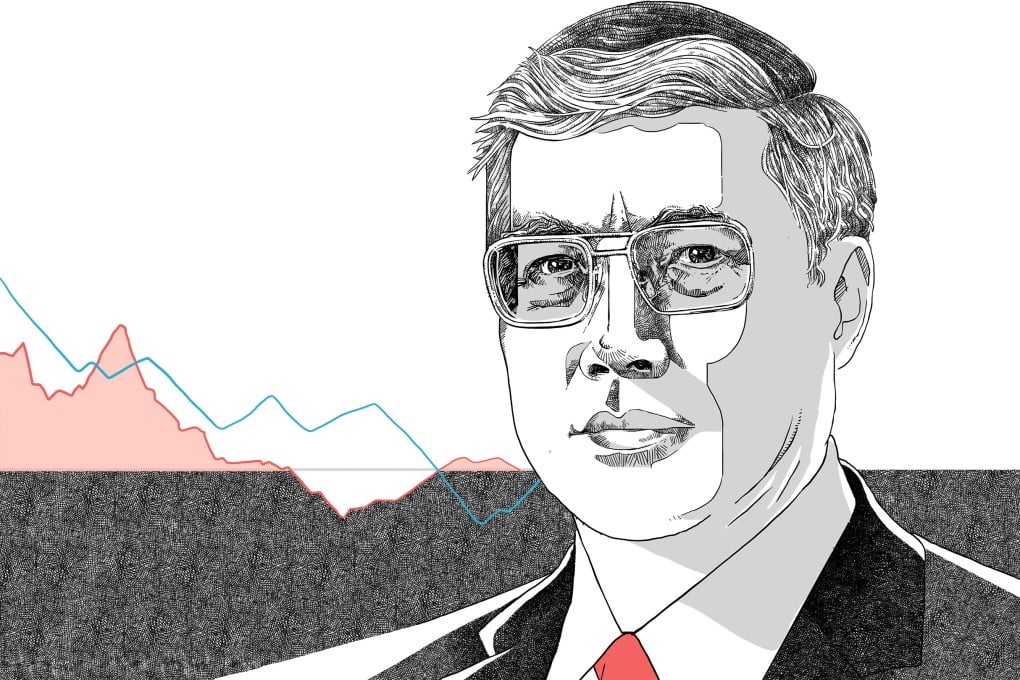Open Questions | What must China do to avoid a Japan-type recession? Economist Richard Koo adds up why ‘the Chinese situation is far more serious’
- With China’s never-before-seen levels of economic upheaval, Koo warns ‘the consequences could be dire’ if a so-called balance-sheet recession takes hold
- Koo’s theories influenced Western policy after the global financial crisis, and now he has strong advice for Chinese policymakers and disillusioned young people

Whereas a typical recession is considered to be a natural result of fluctuations in the business cycle, a balance-sheet recession is characterised by high levels of private-sector debt that lead to increased saving, which in turn results in an economic slowdown – because of reduced household consumption and declining business investment.
Ahead of any such moves, Koo spoke with reporter Frank Chen about the Chinese economy, troubles it faces, lessons that can be gleaned from Japan’s missteps, and how Beijing should formulate its response and policy mix.
Mr Koo, in the midst of economic uncertainties fuelled by high levels of indebtedness and a real estate crisis – two potential causes of what you deem a balance-sheet recession – what are the risks that China might be facing such a predicament?
I have been invited to speak on numerous occasions [in mainland China] and have participated in some policy debates. A lot of economists worry that China may slip into a balance-sheet recession, but there are also other views out there.